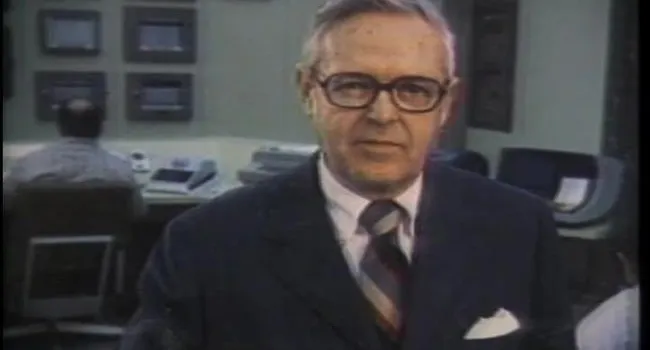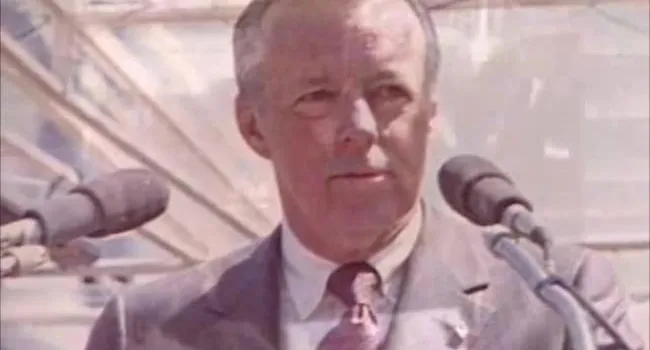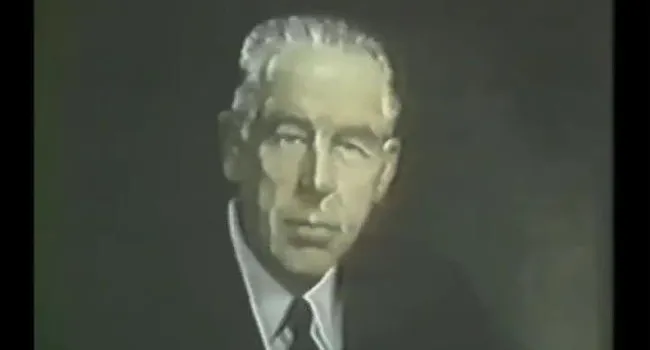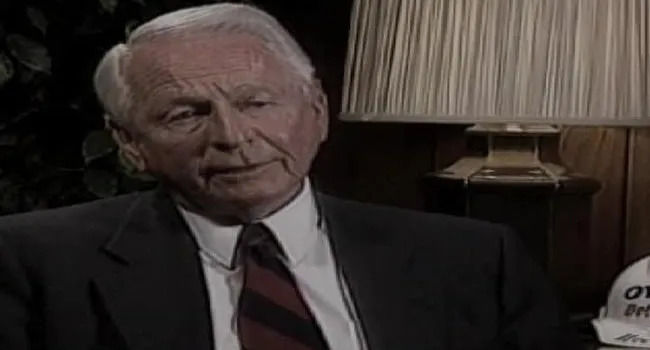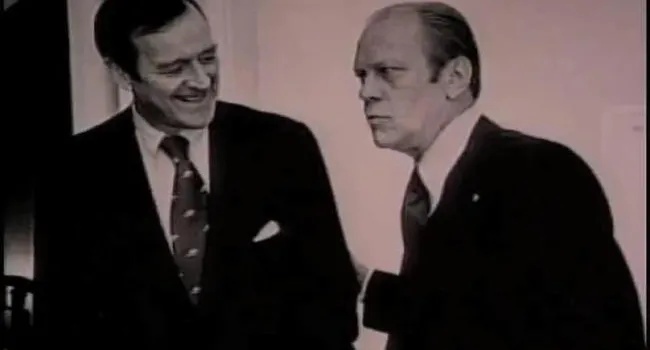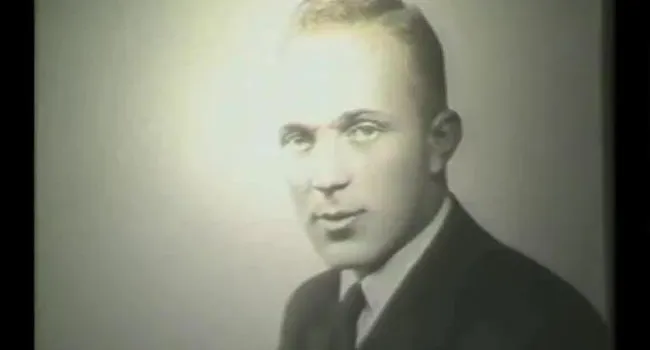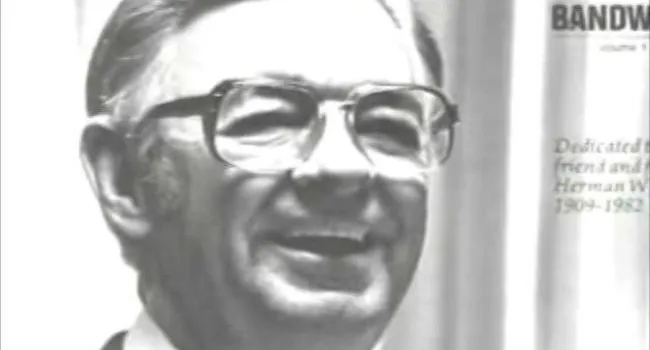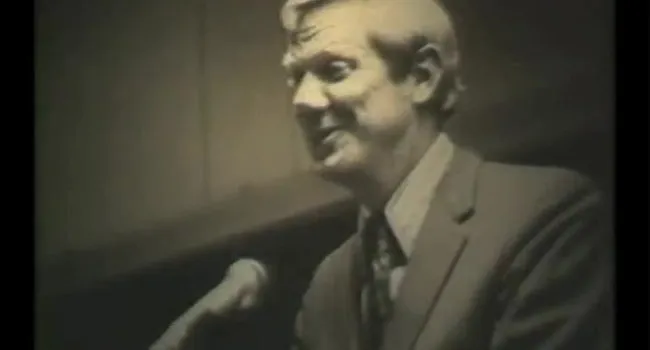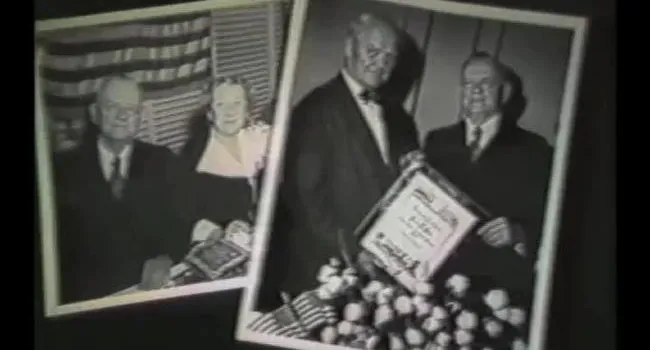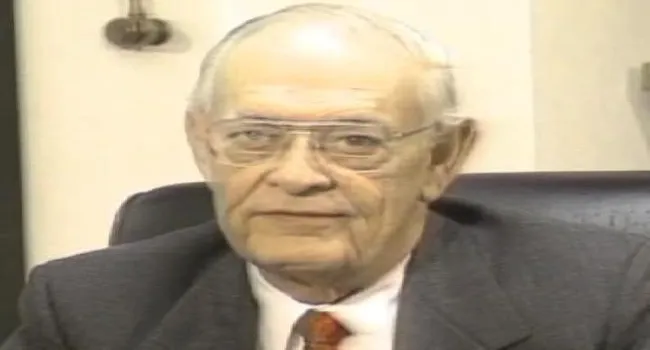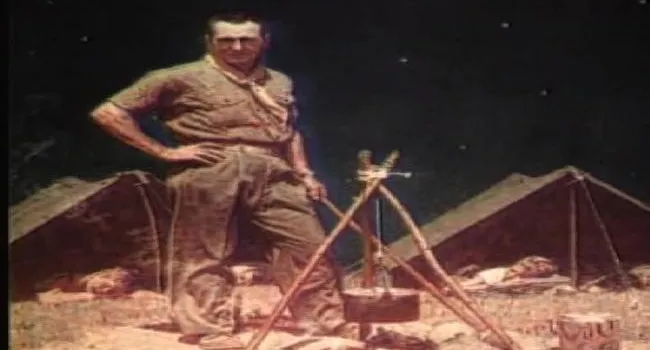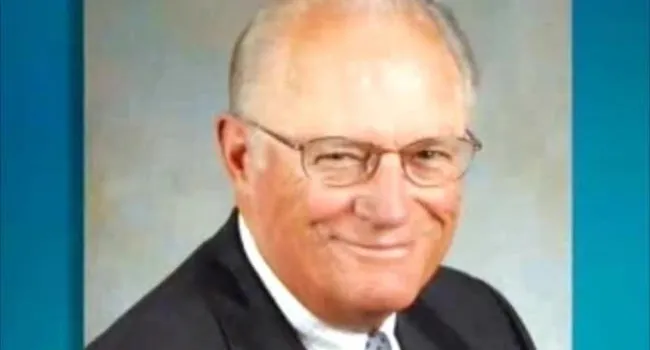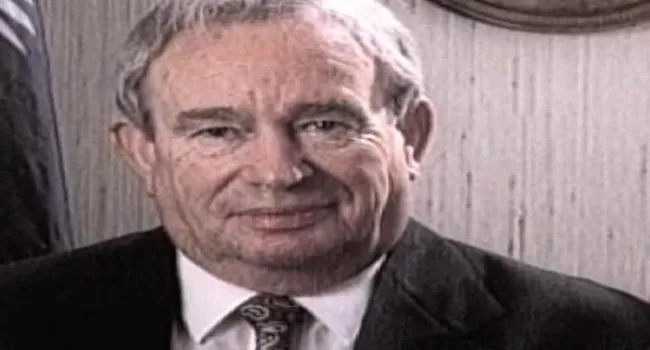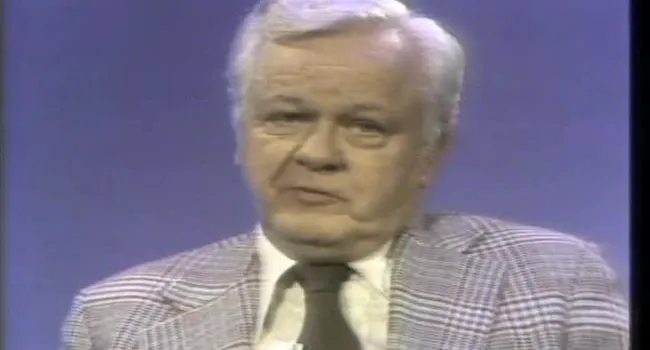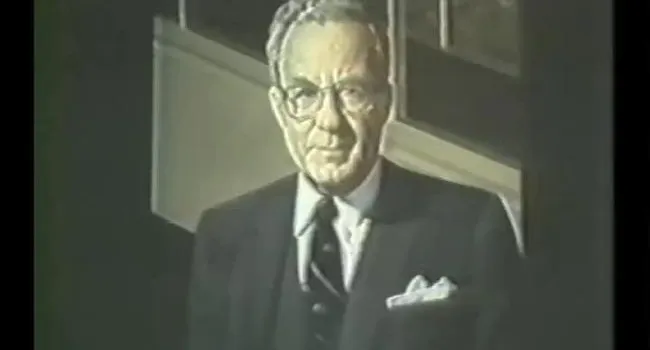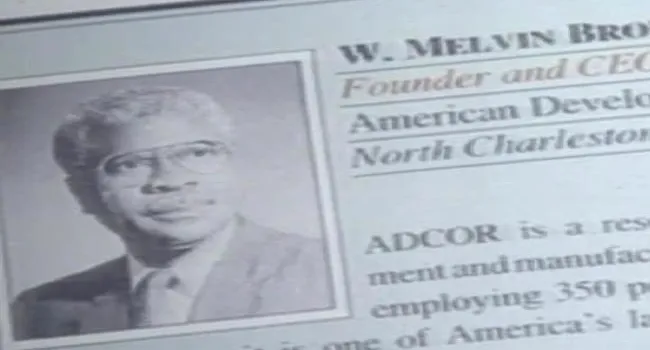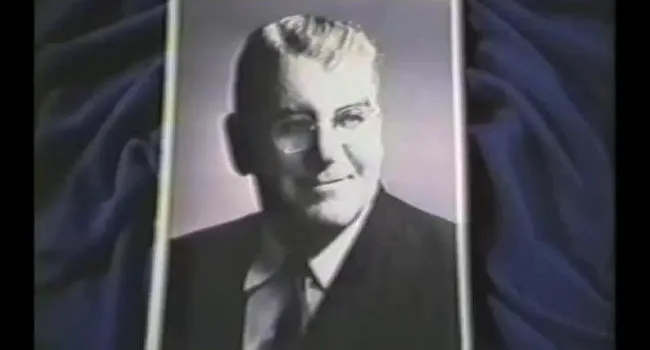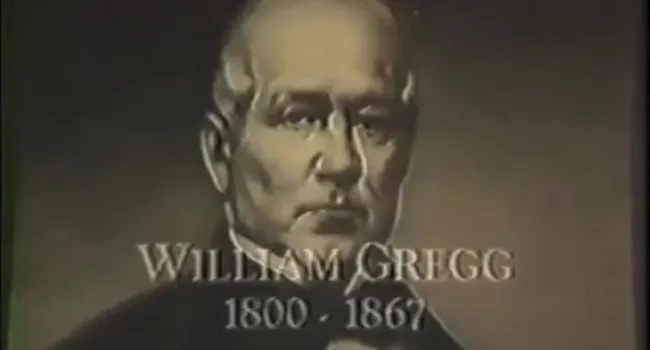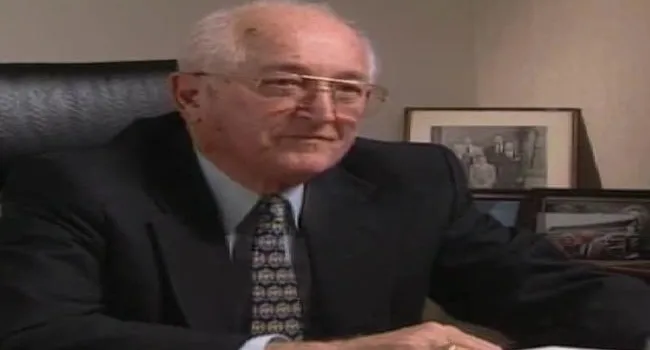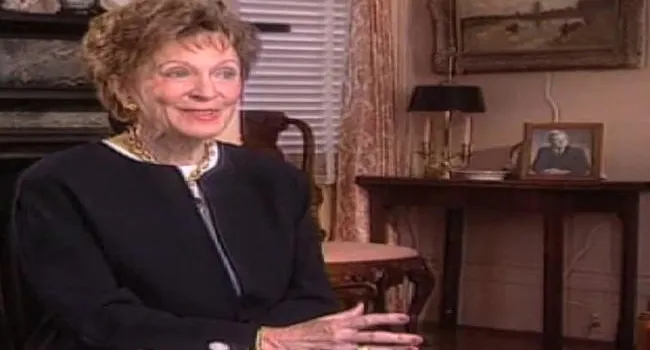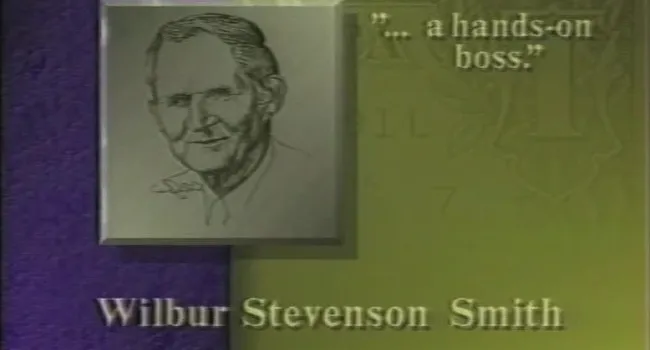A. Foster McKissick (1869 – 1938)
Anthony Foster McKissick was a major figure in the Southern textile industry and was also a college professor, scientist, state legislator, philanthropist, and sportsman, but he was never reluctant to get his hands dirty working.
He was born June 10, 1869, in Union, the son of Colonel Isaac Going and Sarah "Sallie" Foster McKissick. His father was a lawyer by profession and also served as Union County clerk of court and as a member of the state Legislature. A. Foster McKissick was one of eight children, four of whom lived to maturity.
At age 17, he entered South Carolina College, where he graduated in 1889 with honors and two degrees, a bachelor of science in electrical engineering and a master of arts.
At South Carolina College, which later became the University of South Carolina, McKissick was elected president of the Clariosophic Society, a literary organization. During his inauguration, he declared, "The qualities necessary to ensure success can be summed up in these words—common sense and perseverance. One will not do without the other."
After college, he accepted a job as superintendent of Congaree Gas and Light Company, the first electric company in Columbia. McKissick was not only superintendent, electrician, and repairman, but, when required, had charge of the steam plant. When short of help, he shoveled coal into the boiler.
Acting as a repairman or in even more menial capacities was characteristic of Foster McKissick throughout his life. He taught his son, Ellison, never to hesitate to don overalls and install or repair machinery or address similar emergencies.
In 1891, McKissick left Columbia for a professorship in electrical engineering at Alabama Polytechnic Institute in Auburn, where he remained for nearly 10 years. At Auburn, he built an outstanding physics laboratory for his scientific research. He made one of the first X-ray machines in the nation, let doctors use it for diagnoses, and never accepted payment.
An article in the Montgomery Advertiser regarding scientific inventions, among them the typewriter, stated: "Science and medicine owe much to the genius of Prof. A. F. McKissick, for the first apparatus used in the U.S. for the demonstration of the x-ray. A star fell on Auburn where Prof. McKissick gave his valuable apparatus to the world." In 1895, he was awarded a master's degree in mechanical engineering by Cornell University.
McKissick left Auburn in 1899 to return to South Carolina and a job as chief electrician and mechanical engineer for Pelzer Manufacturing Company in Pelzer. In late 1901, he became president and treasurer of Grendel Cotton Mill of Greenwood; he sold it in 1918. He was also head of the Ninety Six Cotton Mills and at one time headed two large corporations and ran five mills.
In 1917, he sold his interest in the Ninety Six Mills and the following year his majority interest in the Grendel Mill to J. R. Abney of Greenwood. Those sales, at the stocks' full book value, enhanced his reputation as an astute businessman.
His younger brother, Rion, who later became president of the University of South Carolina, wrote McKissick upon the remarkable sale: ". . . You have come a long way from that Christmas when you came home from Cornell and had no money to spend on Christmas presents, giving me some cords of covered electrical wires. . . . I cannot think of any man near your age who has been so successful or who holds a higher place in public respect than you..."
McKissick retired at 50, moved to Greenville, and began the life of a sportsman, philanthropist, and civic leader, and even delved into politics, serving two terms in the House of Representatives from Greenville County. In 1929 and 1934, pressure was brought upon him to run for governor, but he declined.
During the 1920s, he and his son, Ellison, acquired the Alice Mills and built the Arial Mill near Easley, creating a new community in a rural section where industry had never existed. The new mill afforded 5,000 workers with homes, modern conveniences, and schools for their children. Baptist and Methodist churches were built at the Arial plant and were dedicated to Foster McKissick's mother and his daughter, who died in infancy.
The Connie Maxwell Orphanage in Greenwood was a favorite charity of McKissick's mother. When she gave a building to the orphanage as a memorial to her oldest son, Foster gave the books to fill the library shelves. Shortly before his death, he had this building remodeled as a memorial to his mother and replenished the library's shelves with new books.
He loved hunting and fishing and made many trips to Canada and the far Western states. From the time his son, Ellison, was 9 years old, except during World War I, he went on these trips with his father.
Foster McKissick served as a trustee and chairman of the building committee of Furman University and was elected president of the Greenville Chamber of Commerce. He was a member of the Port Commission of Charleston and the South Carolina Land Settlement Association.
He was married to Margaret Adger Smyth of Charleston, and they reared one son, Ellison Smyth McKissick.
Foster McKissick died April 8, 1938. He was lauded by newspapers for an exemplary life and his many contributions to South Carolina.
He was inducted into the South Carolina Business Hall of Fame in 1989.
© 1999 South Carolina Business Hall of Fame

